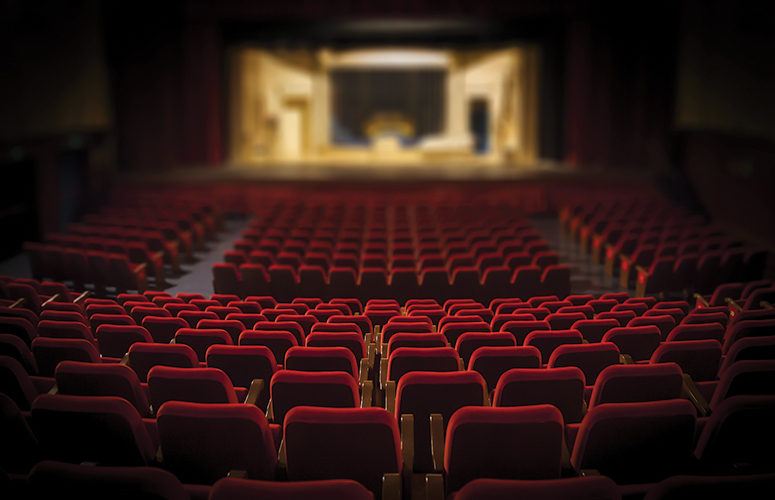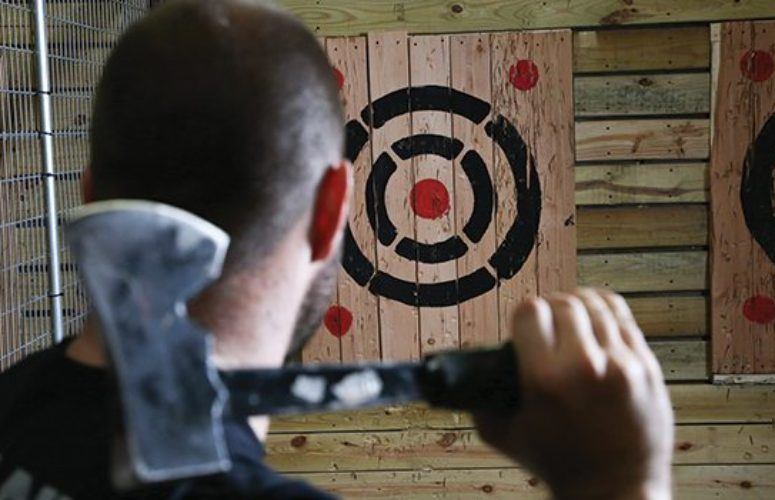
Live Events Industry Gets a Lifeline
Taneshia Nash Laird discusses saving the industry and shaping its future.
By Jim Pytell, Managing Editor On Feb 11, 2021According to the National Independent Venue Foundation (NIVF), the live events industry is experiencing upwards of 90% revenue loss due to the COVID-19 pandemic. With closures expected to last well into 2021, the concert trade publication Pollstar adds that the total lost revenue for the live events business in 2020 alone was more than $30 billion, per its year-end report.
While the industry has essentially been put on hold, it recently received a glimmer of hope with the passing of the Save Our Stages Act, a $15-billion lifeline for the entertainment industry that passed as part of the most recent COVID-19 relief bill. The act is sponsored by both the National Independent Venue Association (NIVA), and NIVF.
“The live music business contributes billions of dollars to the nation’s economy,” says Newark Symphony Hall President and CEO, Taneshia Nash Laird. “Independently owned venues are important not only for their economic value, but for the quality of life they contribute to their communities.”
Nash Laird also serves on the board of the NIVF, which aims to preserve and nurture independent live performance venues and promoters through COVID-19 and beyond.
“We work towards not only saving our stages, but helping owners maintain financial resilience,” Nash Laird says. “Much of the foundation’s goals are so in alignment with what I am trying to do with Newark Symphony Hall.”
Since taking over at Newark Symphony Hall, Nash Laird has helped construct plans to restore the 95-year-old concert hall via a $40-million renovation beginning this year. The project is set to create 500 construction jobs and opportunities for 50 small businesses.
“I want the revitalization to happen with the people of Newark and not to the people of Newark,” Nash Laird adds.
In addition to its pandemic-related assistance, she says NVIF is also promoting social and racial equity within the industry, and cites lack of access as one of the biggest hurdles in the way of this goal.
“You get into this industry in particular based on who you know,” Nash Laird says. “What I am inspired by is having conversations with people who are like-minded and really want to support creating those career pathways and pipelines for people to be able to access the industry.”
While the current state of live events and entertainment appears bleak, there is reason for hope in the coming months, as Nash Laird says she, as well as others within the industry, are optimistic about the summer season being an opportunity for outdoor events to open up again. “We are hopeful for the vaccine, and the quicker it is able to be administered to people, the faster we can get back to business as ‘almost’ usual,” she says.
To access more business news, visit NJB News Now.
Related Articles:





